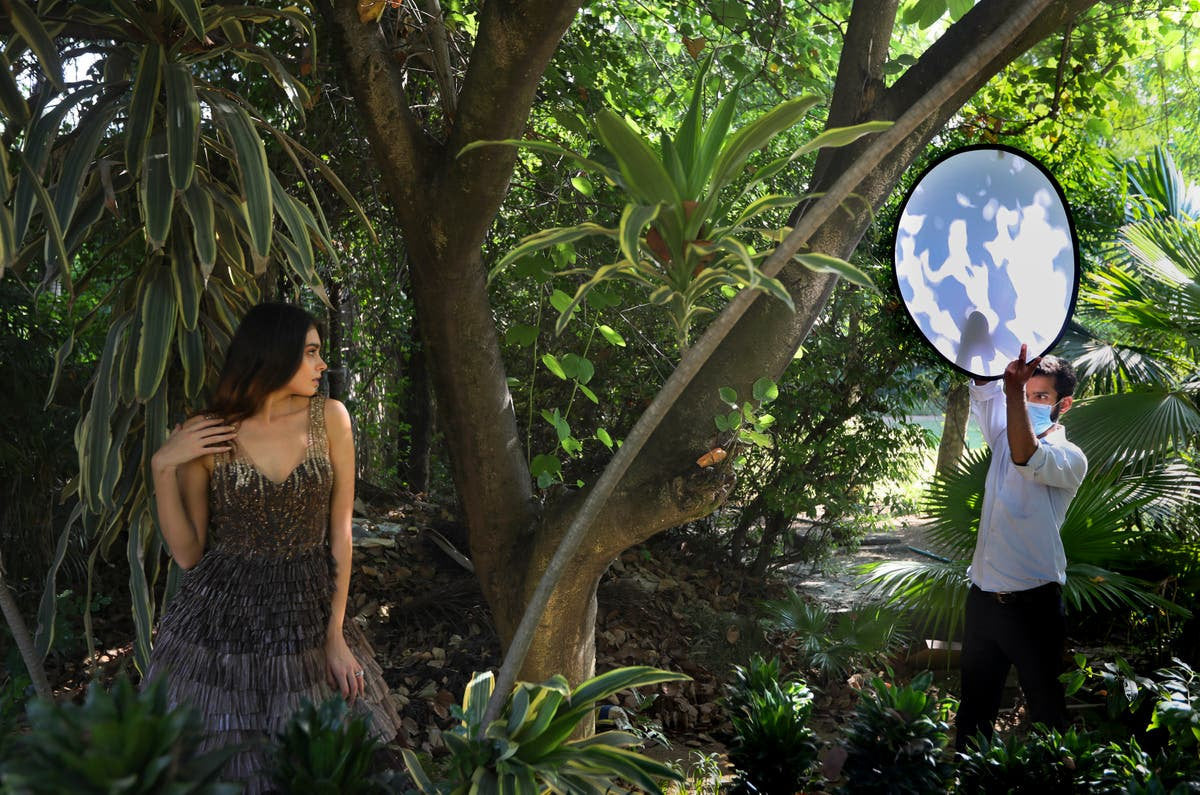
Unforgettable Lessons The Fashion Industry Learnt In Lockdown
It’s an understatement to say last year was a tough time for the entire economy and the fashion industry in particular witnessed unforeseen circumstances that have had a global domino effect. We’ve seen department stores shut down, labels shuttered, reconstructed fashion shows and traditional events or digitally transformed amongst other unpredicted scenes. However in the midst of the pandemic, certain brands have embraced this change, adapted the new normal and in turn learnt valuable lessons which have provided the modern consumer with new ways to view and embrace fashion.
Continue reading as we unveil just a few lessons we think have had a brilliant effect on the industry and how as a brand we have likewise transformed our business strategy.

THE MASK HAVE NEW ACCESSORY
Masks and face coverings quickly became not just an accessory, but an essential during the pandemic. Fashion designers around the world have pivoted towards producing stylish face coverings and shoppers now have the ability to show their individuality through this unusual addition to our daily routine.
Whilst researching this new wardrobe essential, we discovered that “By opting for a stylish face mask in the right print to suit your own aesthetic and making a purchase you know will benefit those in need, as by wearing a fashionable face mask it can become more than just our collective responsibility — it can be an entirely new form of self-expression, described beautifully by Refinery 29.
Vogue also recently stated that; “Whether you like to coordinate your mask to your outfit or prefer plain black cotton, the message remains: Just wear a damn mask.” Showing that this new fashion statement, maybe an upcoming trend but remains ultimately a mark for those who want to do their bit to help.
ONLINE SHOPPING
The rules during our lockdowns dictated that retail shops were not allowed to open. For many, this meant that regardless of the sustainable benefits it has and fashion brands as a result, migrated towards e-commerce methods.

The benefits of a move like this are obvious. Going online means there is one less step in the process of getting an item of clothing to a customer. It goes straight from production to the customer without the middle-man of the store. This results in less vehicle travel polluting the air and people aren’t travelling to a store and delivered are only made straight to people and not individual stores.
At Amrika, we have made the step to go digital, with the aim of doing our bit for the environment and reducing emissions while still providing you with the highest quality indo-western clothing.
RUNWAYS GONE DIGITAL
We recently talked about how technology has influenced fashion shows. From low-tech shoots on iPhones to avatar catwalks, the pandemic has forced a digital revolution throughout the fashion industry and shows in particular have seen this first-hand. For example, in June last year, the British Fashion Council even made history when it became the first of the global Fashion Week to go digital. We recently also witnessed how our very own designers at Lakme Fashion Week showcased their latest season in the new normal.
Designer duo SVA commented on this trend during our Instagram Live Q&A mentioning that; ‘Digital shows offer a great new reach, especially for those that can’t attend the real event, so we think that a balance between both maybe the way forward for how the future plays, it can’t be just one thing anymore.’
With many countries still in lockdown or starting to slowly open up, we remain inquisitive as to whether digital shows shall last as designers debate to adopt tech-based strategies throughout their design process or instead remain physical where possible.
Furthermore luxury designers have recently opted for a seasonless fashion week, resulting in a more sustainable approach for consumption and slower production methods compared to the traditional show calendar. Suggesting and as predicted by Sonam & Paras, perhaps finding this balance remains the ultimate challenge for the industry.
FASHION’S FOCUS ON QUALITY OVER QUANTITY
During lockdown, many had the opportunity to educate themselves on modern production methods and in turn learn about the detrimental damage left behind fast fashion and it’s long term effects on the planet. Amongst other things, the pandemic shined a spotlight on sustainability and this unusual time of global stillness even had experts predicting that not only will consumers gain valuable perspective about what is actually essential to our lives, but that they will bring those revelations to a post COVID-19 world.
A silver lining was also seen during a boom in second-hand shopping: Depop for example had a stellar year, with traffic up 200% year-on-year and turnover doubling globally since 1 April, showing that people are having a more conscious mindset when purchasing new products and that whilst fast fashion is available, does not mean it’s necessarily on demand.
At Amrika, we believe in looking after our planet as well, which is why we are proud to have eco-friendly packaging made with recyclable materials and practice sustainability on a daily basis as an e-commerce business. We hope such milestones, no matter how small, encourage the conscientious consumer and in turn inspire future generations to think about quality over quantity.
-----
Despite the ongoing struggles, we are confident that the pandemic has sparked some positive trends in the fashion industry and accelerated minds throughout the production process, from designers to consumers towards a sustainable and inclusive lifestyle that will hopefully benefit many future generations.



Leave a comment
This site is protected by hCaptcha and the hCaptcha Privacy Policy and Terms of Service apply.